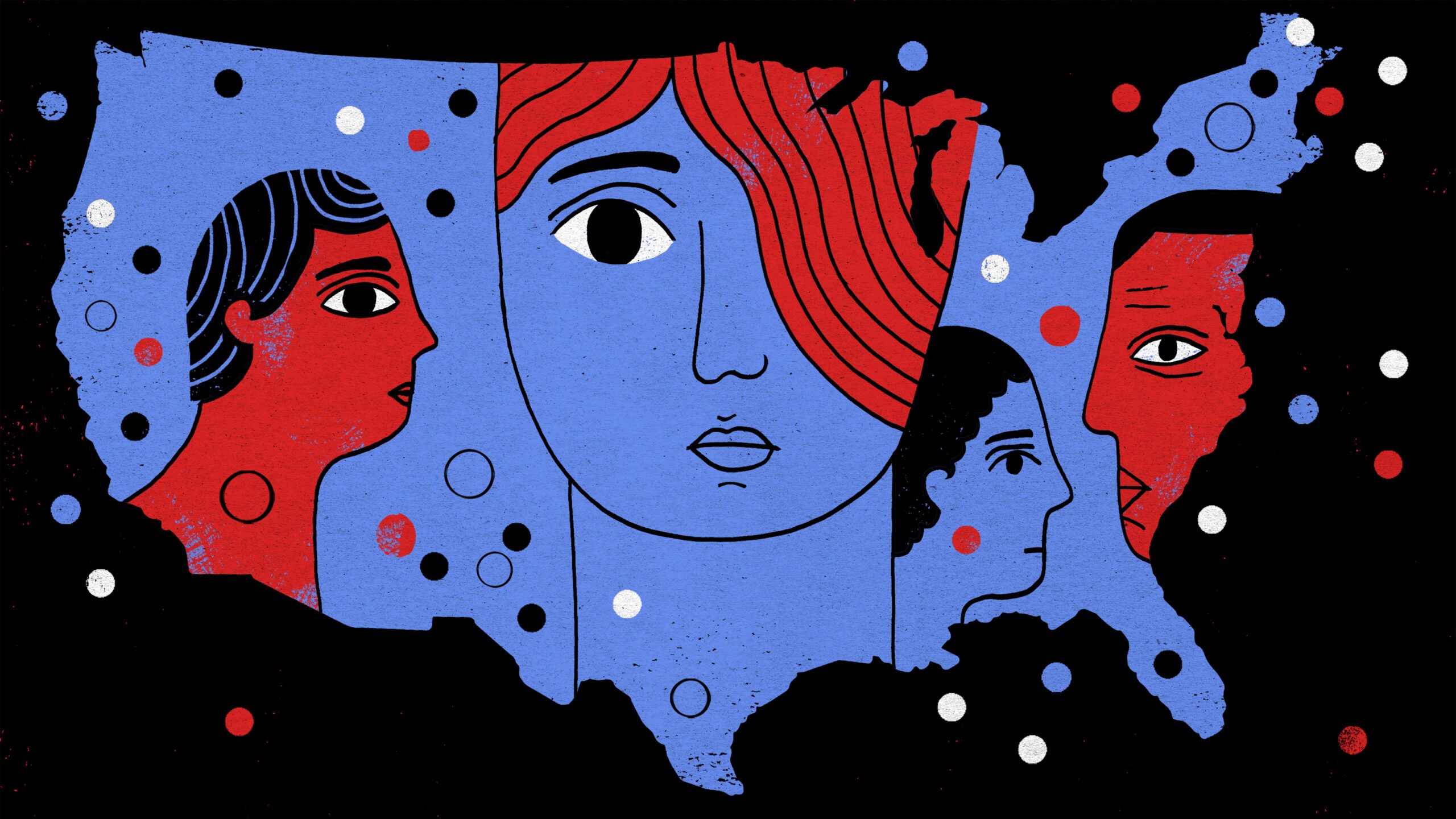A bipartisan group of senators unveiled a bill on Thursday morning that would reward states for improving their reporting of criminal records and domestic violence data to the Federal Bureau of Investigation’s gun background check system, and punish those that don’t.
The Fix NICS Act, championed by Democrat Chris Murphy of Connecticut and Republican John Cornyn of Texas, would require federal agencies like the Department of Defense to issue a twice-yearly report on what records have been submitted to the National Instant Criminal Background Check System.
The legislation would also make $125 million available to states each year from 2018 to 2022 to improve verification of criminal records and report them to the FBI. Half of that money would be used by the U.S. attorney general to create a specialized Domestic Violence and Abuse Prevention Initiative, focused on getting records of domestic abuse. Priority would be given to states that show they have a detailed plan for implementing better practices for record reporting.
Federal agencies and states that fail to heed the requirements set forth by the bill would lose funding.
The bill was introduced in the wake of two mass shootings, one in Sutherland Springs, Texas, and another in Tehama County, California, perpetrated by men with histories of domestic abuse and violence toward others. It has received more bipartisan support than any other gun bill introduced in this fall’s season of mass shootings. The bill is co-sponsored by Republican Tim Scott of South Carolina and Democrat Richard Blumenthal of Connecticut, along with Republican Orrin Hatch of Utah; Democrat Dianne Feinstein of California; Republican Dean Heller of Nevada, and Democrat Jeanne Shaheen of New Hampshire.
Proposals to regulate bump stocks, authored after the Las Vegas shooting in October, fizzled out after the National Rifle Association said it opposed any new laws.
“The fact that Cornyn is involved is interesting. He’s pretty conservative,” said Robert Spitzer, a political scientist at the State University of New York/Cortland who studies guns and American politics. “If it’s a genuine bipartisan effort, it will pass easily in both chambers. The Democrats will be behind it, and there are plenty of Republicans who, on the merits, would endorse this legislation.”
In a series of tweets attributed to top lobbyist Chris Cox, the National Rifle Association enthusiastically applauded the legislation.
2. because the Air Force failed to transfer his conviction record to the FBI. We applaud @JohnCornyn efforts to ensure that the records of prohibited individuals are entered into NICS, while providing a relief valve for those who are wrongly included in the system.
— NRA (@NRA) November 16, 2017
The National Shooting Sports Foundation, a gun-industry trade group, also endorsed the legislation, which shares a name with a long-running NSSF advocacy campaign. The US Concealed Carry Association, a growing gun rights group, called for the passage of the Fix NICS Act, though the USCCA added that Congress should also advance the stalled concealed carry reciprocity act.
However, Gun Owners of America, perhaps the most hardline gun rights group of note, said in a letter to Mitch McConnell and Paul Ryan that the bill was merely an attempt to “appease The Washington Post, the New York Times, CNN, and MSNBC.” GOA argued that only loosening gun laws and enabling more citizens to go armed in public would increase public safety.
The NRA participated in drafting and amending a similar bill, the NICS Improvement Amendment Act, written after the Virginia Tech shooting in 2007. That massacre was carried out by a man who, because of past involuntary psychiatric commitment, should not have been able to buy a gun, but was able to because the commonwealth of Virginia never reported his health records.
The NRA then endorsed the NICS Improvement Amendment Act, which was signed by President George W. Bush and made $1.3 billion available in grant money to states to improve reporting of mental health records. However, advocates have criticized the NRA’s role in pushing the bill through Congress: Republican allies inserted amendments that actually made it easier for the mentally ill to get guns, and only 12 states applied for the grants that the law authorized. Almost 90% of the $1.3 billion was never actually dispensed.
Spitzer said NRA-allied Republicans in leadership positions like Cornyn hold power over whether the bill will proceed, and in what form. The legislation could be amended and weakened.
“My question is about Cornyn: Is this a dog-and-pony show to placate outrage in his home state?” Spitzer asked. “Or is he really going to push this thing through?

